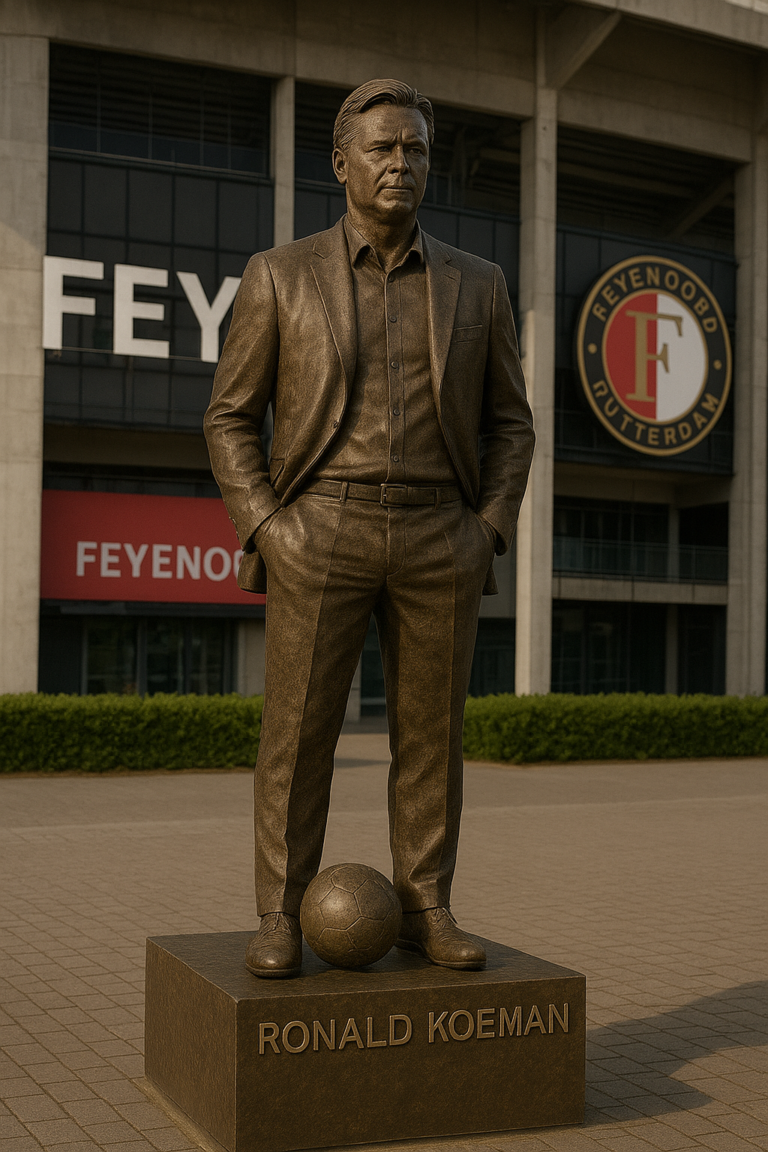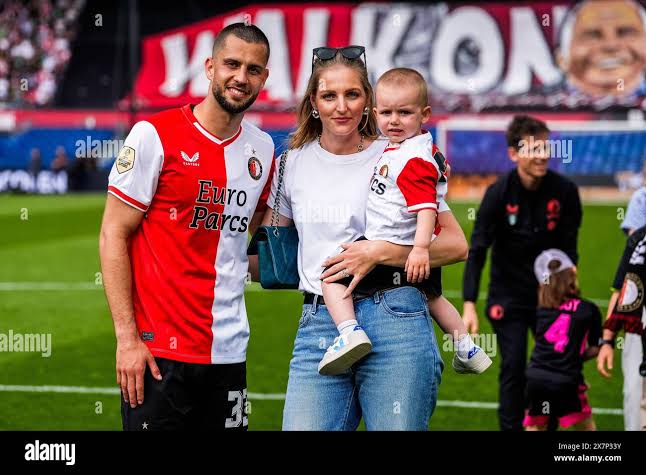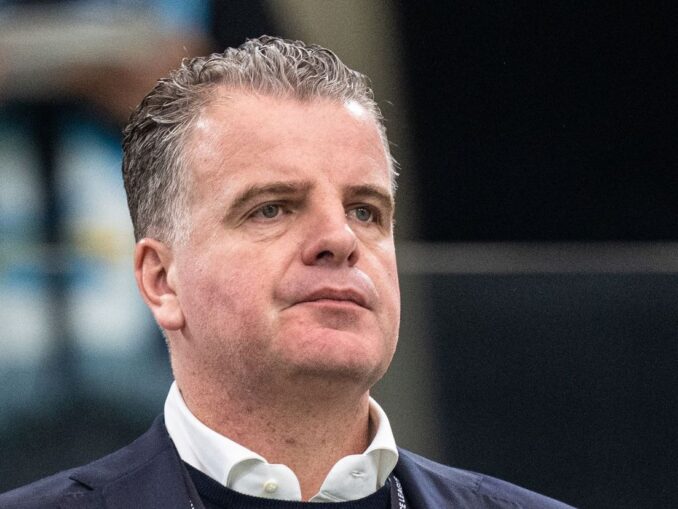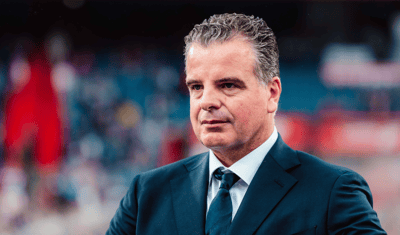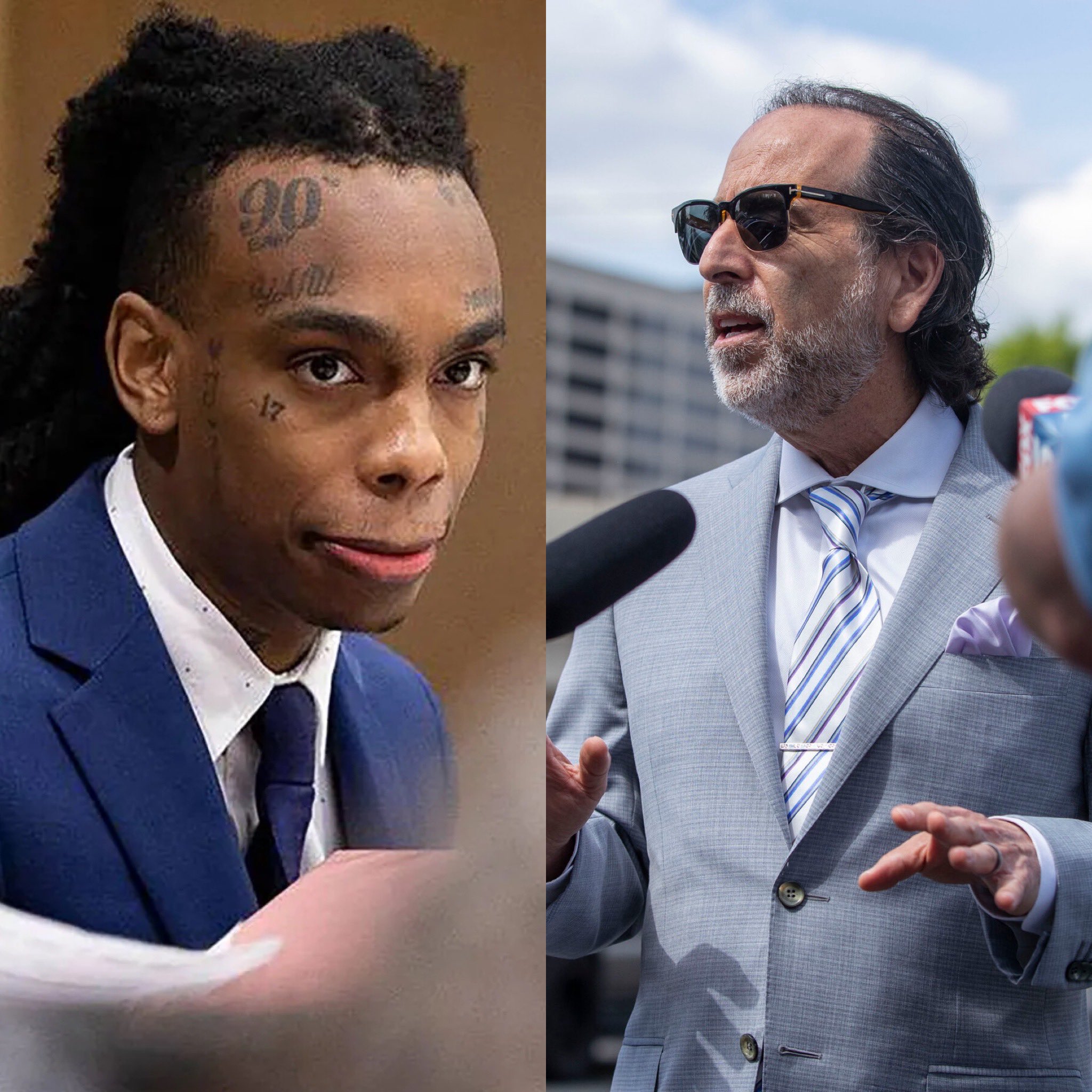
YNW Melly, the Florida rapper whose legal battles have captured national attention for years, has reportedly switched his legal team, enlisting high-profile attorney Drew Findling, known for representing NBA YoungBoy, in a strategic move aimed at advancing his long-standing double murder case. This development comes after Melly has spent 2,387 days—over six and a half years—awaiting resolution in one of the most closely watched criminal cases involving a hip-hop artist.
The rapper, whose real name is Jamell Demons, has been entangled in the Florida legal system since 2019, when he was charged with two counts of first-degree murder in connection with the deaths of Anthony Williams and Christopher Thomas Jr. From the outset, the case has been complicated by a combination of high-profile media coverage, legal delays, and extensive pretrial proceedings. Melly has remained incarcerated for the duration, with his team arguing that prolonged pretrial detention has significantly impacted his ability to mount a robust defense.
Findling, a prominent criminal defense attorney known for defending major figures in hip-hop and sports, brings extensive experience in high-stakes cases that involve complex evidence, jury scrutiny, and intense media attention. His track record with clients like NBA YoungBoy, as well as other high-profile defendants, positions him as a formidable advocate for Melly as he seeks to challenge the prosecution’s case and pursue a favorable outcome.
Legal analysts suggest that the timing of this switch may be strategic. With the case now extending well beyond six years, questions have grown regarding delays in the Florida court system and whether the prolonged pretrial period could be grounds for challenging aspects of the prosecution. “Changing legal counsel at this stage can be a way to inject new strategy, re-examine evidence, and possibly expedite proceedings,” one criminal law expert noted.
The case itself has been mired in procedural complications. Key issues have included witness credibility, forensic analysis, and disputes over the admissibility of evidence. Melly’s previous attorneys have attempted multiple motions to dismiss charges, reduce bail, and address alleged violations of his constitutional rights, but progress has been slow. His new team under Findling will likely reassess every angle, from forensic evidence to procedural errors, in preparation for trial.
Fans and supporters of YNW Melly have expressed hope that the new legal representation could finally move the case toward resolution. Social media reactions highlight the frustration of waiting over 2,300 days for a trial, as well as concerns about justice being delayed indefinitely. Meanwhile, the prosecution has indicated its intent to continue pursuing charges, emphasizing the seriousness of the allegations and the need for accountability in cases involving violent crime.
As the legal landscape shifts, all eyes will be on Drew Findling’s approach to navigating the complexities of this long-running case. Observers expect renewed scrutiny of evidence, potential pretrial hearings, and a recalibration of defense strategy aimed at ensuring Melly receives a fair trial. The coming months may prove pivotal not only for Melly’s legal future but also for broader discussions about pretrial justice and the pace of high-profile criminal proceedings in the United States.
I can also create a timeline of YNW Melly’s case from arrest to present to give a more detailed perspective of the 2,387-day legal saga. Do you want me to do that?



